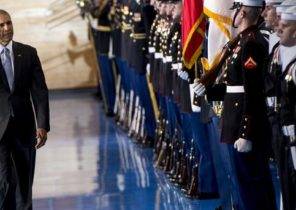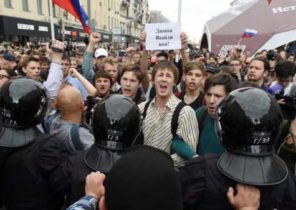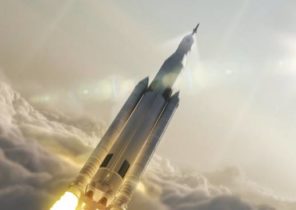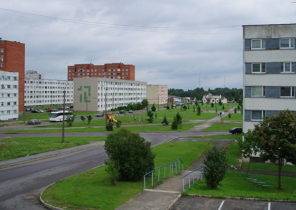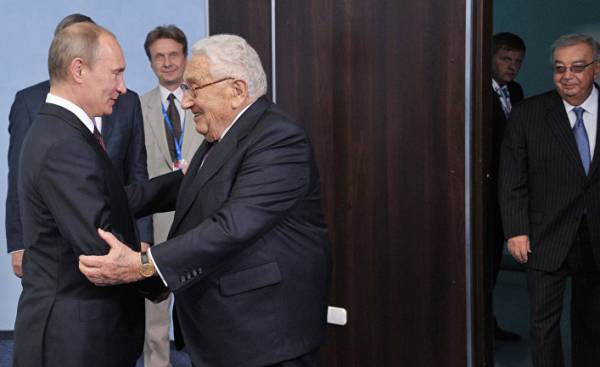
President trump and the Russian President Putin is preparing for his first meeting which will probably take place in late spring, but the exact date has not yet been appointed.
“Putin is not Hitler. Negotiate with him on specific conditions will be beneficial to all”. This advice Henry Kissinger (Henry Kissinger) gives, speaking at the annual meeting of the Tripartite Commission, held this weekend (March 25-26) in Washington. Former Secretary of state adds that he opposes unilateral intervention in North Korea, where the conflict can be resolved by concluding an agreement with China to maintain security in the region. Europeans, he proposes the following version of maintaining relationships with trump: “do Not attach too much importance rash statements, focus on fact, because a complete collapse of the American President even you do not benefit”.
Kissinger had long supported with Donald trump friendships, and in the past several weeks has worked to facilitate dialogue between Washington and Moscow, where a few days will come to visit the Secretary of state Rex Tillerson (Rex Tillerson) to evaluate the possibility of negotiation and, presumably, to probe the ground for a possible meeting of the heads of the White house and the Kremlin. It is from here begins his reflections strategist open relations with China while working Nixon administration: “In my opinion, there is a deep misunderstanding of Russia. Putin is not a double of Hitler, he did not intend to pursue a policy of conquest. His goal is to restore the dignity of their country, from St. Petersburg to Vladivostok, in the form in which it was always. It fits into the concept of the old nationalism and stems from a history that is different from ours. To consider Moscow as a potential member of NATO is wrong.” Therefore, “to portray Putin as a global supervillain is a mistake in the long term, and on the merits.”
Former Secretary of state believes that the threat from the Kremlin are greatly exaggerated: “From a military point of view Russia is unable to beat us. Its economy is less economy of each of the European countries-members of the big “seven”, its weight is not comparable with the weight of our strategic rival of China”. At the same time, even if the West could provoke the disintegration of Russia, “this can’t be our goal”, because such a scenario would create is not beneficial to anyone instability.
All this leads Kissinger to the idea of the preference for dialogue, because “the alternative would be the emergence of malware for all parties to the conflict, even if Moscow and unable to defeat us at the military level”. The restoration of diplomatic mediation, however, should be kept on certain well-defined conditions: “Ukraine should maintain its independence, but not to join NATO,” while the fate of Crimea may be discussed. As for Syria (where Putin was more busy helping Assad than fighting ISIS (a terrorist organization banned in Russia — approx. ed)) and the entire middle East region, it is necessary clearly to let know that “Russia has no right to remain in the middle East”.
Starting from these points, it will be possible to enter into a dialogue whose goal would be to neutralize the threat from Moscow in exchange for her dignified reintegration into the international community.
Kissinger tells an equally realistic approach to the problem of North Korea and China: “I oppose unilateral military intervention against the nuclear potential of Pyongyang,” he says. The solution of the conflict is, he believes, “in direct negotiations between Washington and Beijing to reach a General agreement on security in the region. In other words, we cannot discuss the nuclear capability of North Korea, not to mention opportunities in South Korea and the American military presence”. It means that States can opt out of some positions in the far East, if China do not only neutralize the nuclear program of Pyongyang, but also give security guarantees to allies, such as Tokyo and Seoul, and other countries involved in the dispute, the subject of which are the Islands in the South China sea.
As for Europe, Kissinger urged her to patience: “the Complete collapse of the American President even you do not benefit. So no need to focus on ill-considered statements, focus on the essence of the transatlantic relationship”. Some of the statements trump has touched just historical pillars of these relations, that is, NATO and the EU, but, according to his adviser, even this can be turned into a starting point for improved relations: “I opposed Breccia, but now that it’s already happened, I think he may be the reason for a new conversation about the future of the EU, going beyond the bureaucratic dimension”. The future of NATO “continues to play a significant role, but over time it would be correct to review its tools and objectives,” he said.


